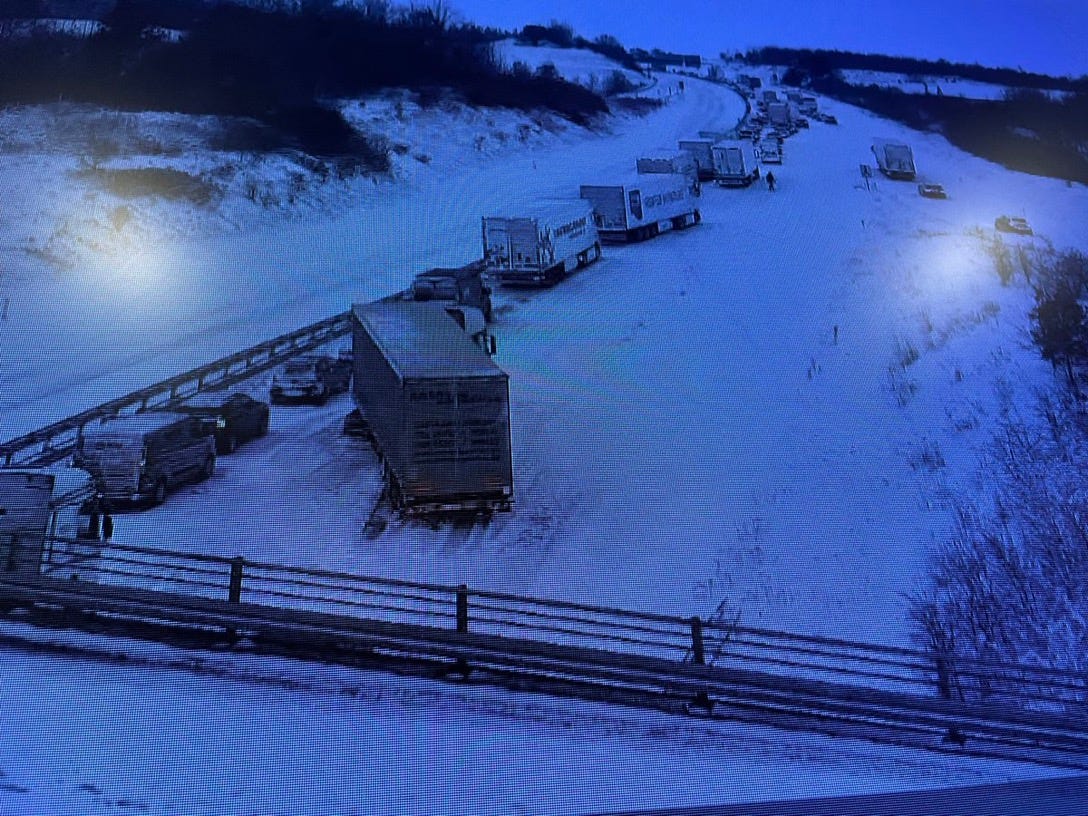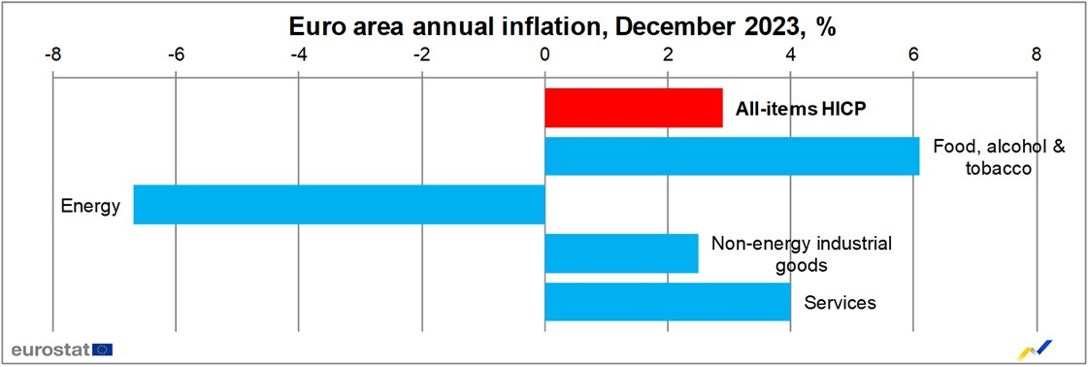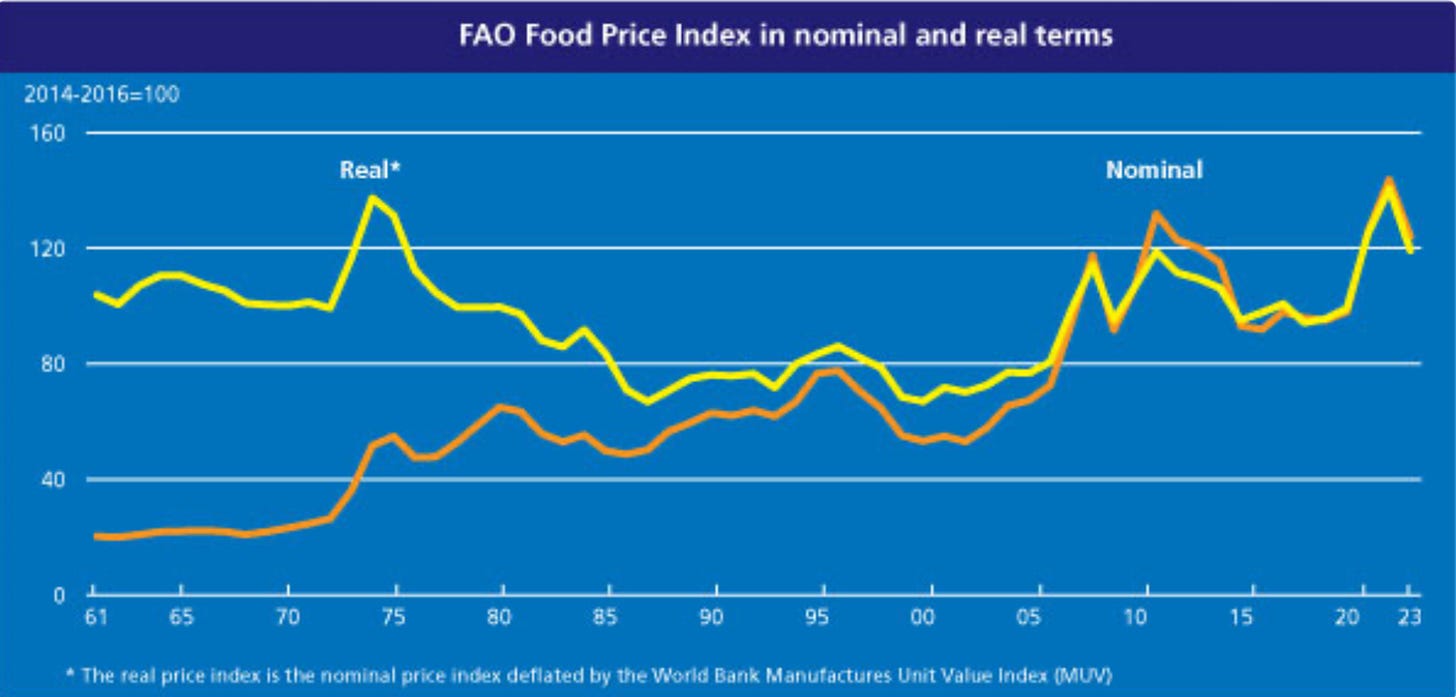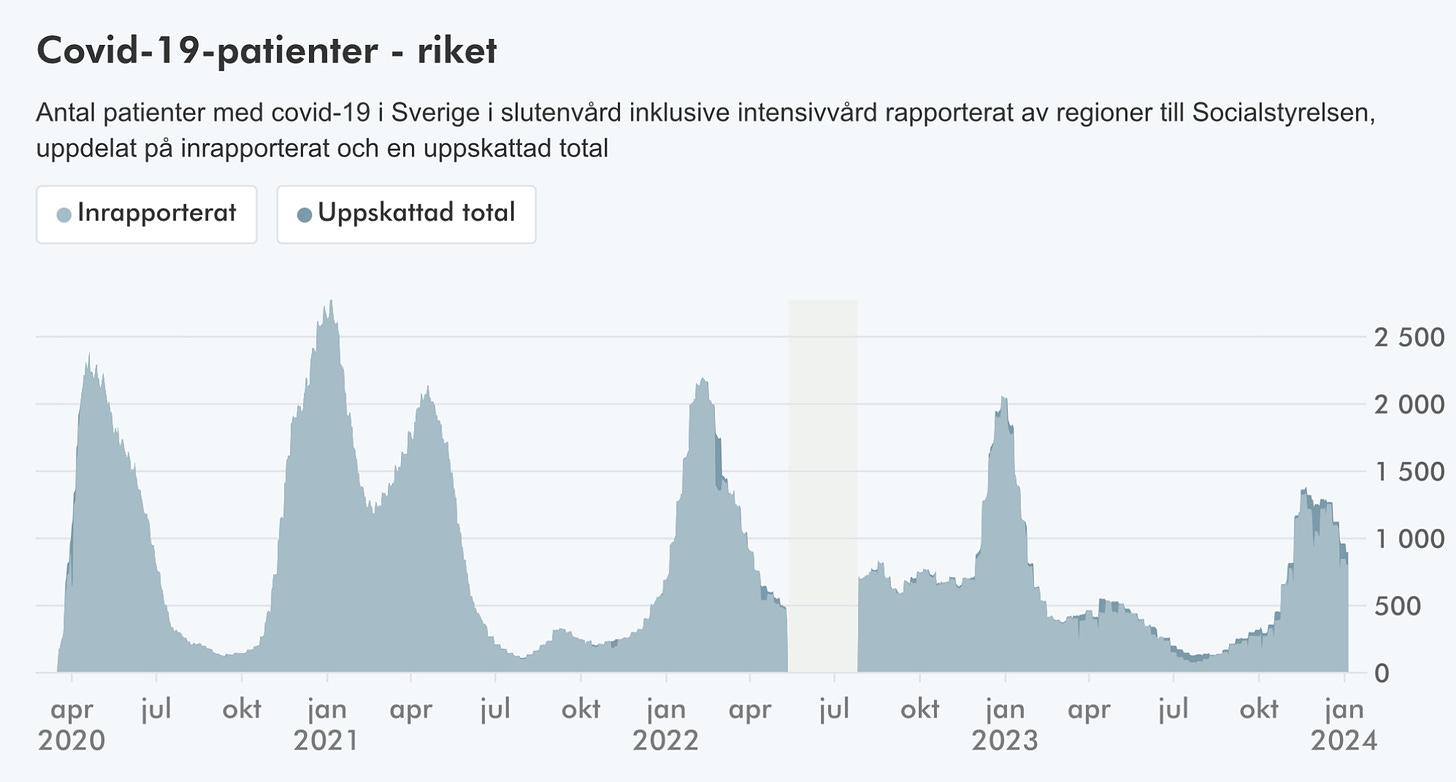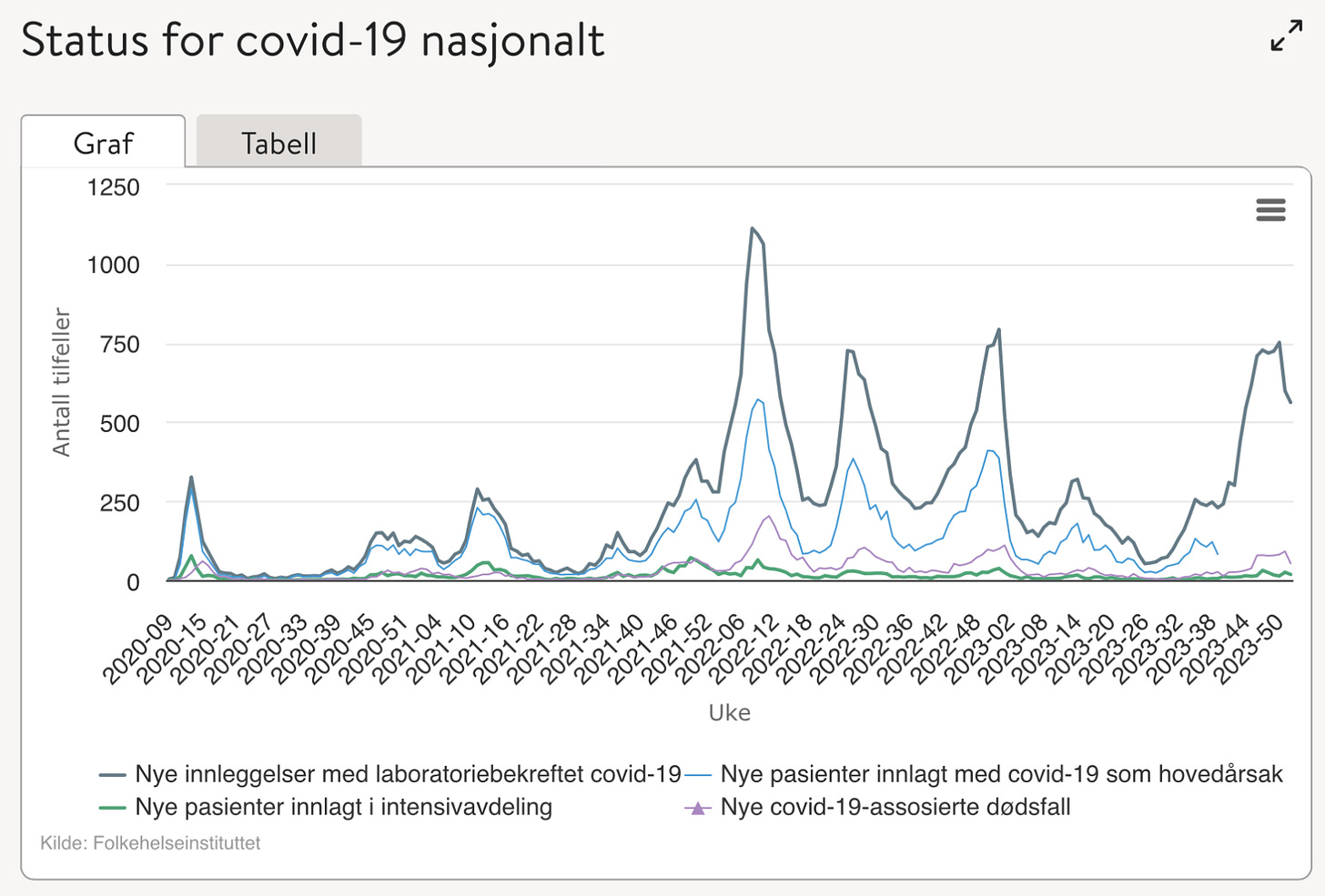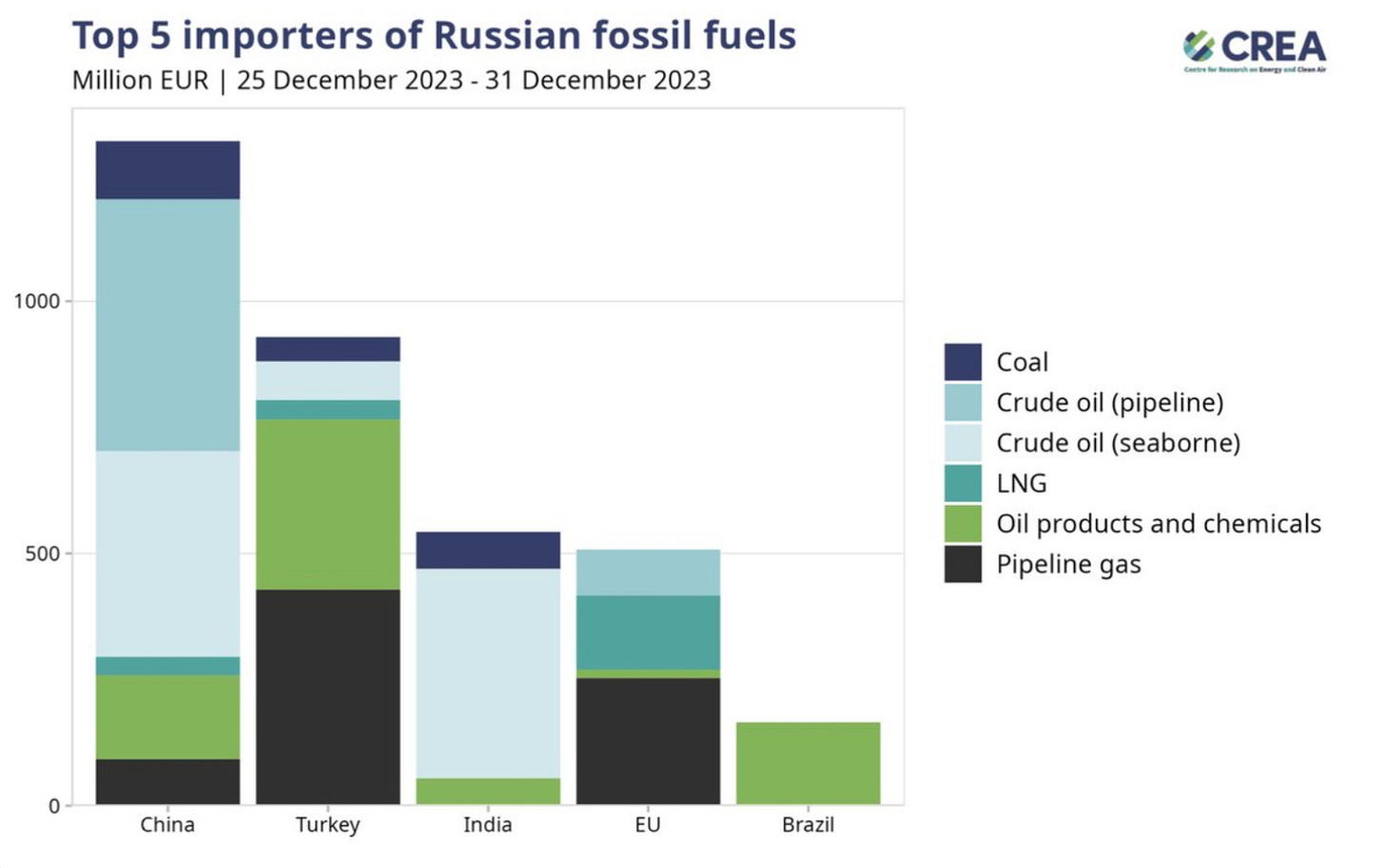🇩🇰 👑
Denmark’s national railway operator DSB says people are snapping up train tickets to Copenhagen for this Sunday’s coronation of King Frederik X. The rail company says tickets are scarce for all trains leaving from Jutland and the island of Fyn to Copenhagen that depart before noon on Sunday.
Customer Service Manager Charlotte Saltoft Kjærulff:
“We are overwhelmed by the interest in getting a ticket to Copenhagen on January 14, and although we do not know all the details for the day, we have no doubt that this is the reason for the great interest. It simply cannot be compared to a normal Sunday.”
The coronation of the new king will take place at Christianborg Slot in Copenhagen at 2 p.m. the instant Queen Margrethe II abdicates her thrown. King Frederik X will make his first public appearance as king on the balcony at Christianborg at 3 p.m.
⚡️Energy & Environment🍃
🇩🇰
Last week’s winter storm and freezing temperatures had people across Denmark cranking up the heat, which drove electricity consumption to unprecedented highs. Power grid operator Energinet says power consumption hit new record highs on both Wednesday and Thursday last week. As the demand went up so too did prices. The cost of electricity spiked last Wednesday to between 7 and 8 Danish kroner per kilowatt hour (between a $1.37 and a $1.57 Cdn)
The surge is in part a testament to the conversion from gas to electricity that is taking place across the country. Thousands of households have ditched gas boilers for electric heat pumps while district heating companies have also made the switch to electricity. Overall electricity demand in Denmark has risen by 40% since 2022 as electrification helps drive the green transition.
-
The chaos caused by the massive winter storm that rolled over Denmark has prompted a political reaction. Opposition politicians are demanding answers after trains were cancelled, ferries were unable to dock, and drivers were stranded on major highways, in some cases overnight. The opposition parties want to know why authorities were so slow to respond and why preparedness plans appeared to so badly misfire.
Police in Jutland have already indicated they will be doing an assessment of their response.
The criticism and stories told on the news by cold and hungry drivers stranded on the highway have prompted Denmark’s Minister of Justice to wade in. Peter Hummelgaard told DR that this was an extraordinary weather event and that emergency responders did everything they could.
“But of course, it is not good that motorists have to spend the night in their cars because the authorities do not arrive. The police themselves have stated that the task was not solved satisfactorily and that the police, together with the other authorities that were involved, will therefore evaluate the effort. That sounds reasonable.”
He also urged people to heed the warnings issued by authorities like avoiding unnecessary driving during a major snowfall event.
-
Grocery store shelves across Denmark are seeing the impact of last week’s big winter storm as snarled roads due to snow, flooding, and freezing temperatures impacted deliveries. The shortfalls are more likely to be seen among fruit, vegetable, and dairy products that are usually delivered daily. Danish grocery store chains are expecting deliveries to begin flowing normally again by today or tomorrow.
-
On the lighter side of the snowy chaos around Denmark, it looks to have breathed new life into cross-country skiing. A ski shop, Surfline in Egå north of Aarhus, says cross-country skis suddenly became big sellers. They usually sell one or two sets of cross-country skis in a usual week but in just one day over the weekend, 200 pairs of skis and associated equipment went out the door. The shop’s owner says he had six employees packing cross-country ski sets until the early hours of the morning so his customers could take advantage of all the snow. Due to travel woes the orders mostly flooded in online with some customers walking 10 kilometers or more to the store to pick up their order and then strapped on the skis to get back home.
-
While Northern Denmark saw an epic amount of snowfall going into the weekend many areas of Southern Denmark were again experiencing flooding. Danish Environment Minister Magnus Heunicke says this is an example of the challenges Denmark faces from climate change. He has now called for a meeting with the mayors of all the impacted communities.
“Many have experienced the unfortunate situation that their houses, shops or gardens have been flooded, for some it has even happened for the second time within a short time. Unfortunately, we have to brace ourselves for more severe weather events like these in the future, especially with more water. This once again underlines the importance that we speed up coastal protection and climate adaptation in general. And we as a society must become even better at handling the challenges. I am calling the mayors of the affected municipalities and the authorities involved to get an overview of the damage and hear what challenges they have encountered during the recent water rises. We need input for further work to strengthen efforts and prevention when we have to negotiate a climate action plan with the parties in Grøn Fond in the coming weeks.”
In October of last year, a historic storm surge caused unprecedented flooding along a huge swath of Denmark’s eastern coastline damaging homes, businesses, and infrastructure.
-
It is time to adapt and become better. That is the message from the mayor of the Danish municipality of Køge. The Kommune is dealing with the aftermath of its second major flooding event in the last three months. Mayor Marie Stærke says it’s time to take preparedness plans to the next level. She says the Kommune has to be better prepared and that includes training citizens to act as weather event special responders. The trained recruits would swing into gear when called upon to work on flood mitigation efforts, like building mobile flood barriers, should the need arise.
-
The Danish Meteorological Institute has changed last week’s single-day rainfall record from Lolland-Falster to Fyn. The agency says 59 millimeters of rainfall was recorded in Svendborg setting a new record. The previous rainfall record of 50 millimeters was set 138 years ago.
DMI Climatologist Mikael Scharling:
“The weather was a bit of a surprise in the last hours of the night, because the culprit, a low pressure heading south of Denmark instead of continuing its course it slowed down. We had expected that the record would be set at Nykøbing Falster, but then Svendborg bubbled into first place.”
It wasn’t just rain as 50 centimeters of snow fell north of Randers last week, the most snowfall since January of 2011.
-
Better late than never. Odense Kommune has allocated three million Danish kroner (about $588,000 Cdn) for a climate protection project in the city’s Bolbro district. This marks the first time ever Odense has allocated a single cent to fund climate adaptation initiatives.
🇫🇮 🇸🇪 🇳🇴
While it has certainly been cold in Denmark over the last few days it is nothing compared to how cold it was in parts of Sweden, Norway, and Finland. Temperatures dropped to -44.3 degrees in Northern Finland on Friday night. Over in Kautokeino, Norway, the thermometer showed -43.5 degrees and in Naimakka in Northern Sweden, it reached -43.6 degrees. In some areas of the Scandinavian north temperatures haven’t been this low in this millennium. In Kvikkjokk-Årrenjarka, Sweden temperatures dropped to -43.6 degrees, the coldest temperature there on record. They have been keeping weather records in Kvikkjokk-Årrenjarka since 1888.
If you are curious, Finland holds the record for the absolute coldest temperature in the Nordics when it reached -51.5 degrees in Kittilä in January of 1999.
🇫🇮
In Finland, record-high electricity prices spiked on Friday night due to plunging temperatures and some electricity production woes came somewhat back down to earth on Saturday. According to Nordic power exchange NordPool electricity prices shot up to €2.35 per kilowatt hour on Friday night before easing again Saturday.
That said, electricity spot prices are forecast to rise again today (Monday).
🇪🇺
Inflation in the Eurozone increased to 2.9% last month up from November’s 2.4% according to European Union statistics agency EuroStat. The increase was mainly due to rising energy costs. The annual rate of inflation last month was highest for food, alcohol, and tobacco.
Sterna Capital Chief Strategist Mikael Olai Milhøj doesn’t think the numbers are good enough to spur an interest rate cut from the European Central Bank.
“Underlying inflationary pressures in the euro area are still too high. November is just an outlier, while the December figure is more reminiscent of what we saw in the autumn. So can the ECB live up to the high expectations for interest rate cuts in the short term? Maybe not.”
🇫🇮
Inflation in Finland rose from 0.7% in November to 1.6% in December according to preliminary data from Statistics Finland. Rising food prices, which were up 3% last month, were behind the increase. Energy costs (electricity, gas, and other fuels) were down last month.
🌍
Wholesale food prices declined again in December according to the United Nations Food and Agriculture Organization’s global food index. It calculates that food prices declined by another 1.5% last month marking a 10.1% year-over-year drop. That is the biggest annual decrease in wholesale food prices since 2015.
🦠COVID🦠
🇩🇰
There are just seven days left to get a COVID booster dose and/or a flu shot in Denmark. The winter vaccination campaign is scheduled to end on January 15, a week from today. The five Danish health regions have already scaled back vaccination efforts and closed a number of inoculation centers.
🇸🇪
In Sweden, COVID hospitalizations (819) have fallen (-271) from one week to the next while intensive care numbers (25) are unchanged.
-
Sweden’s winter COVID wave may have peaked. That is the estimation of the Swedish Public Health Agency after it said the number of confirmed coronavirus cases decreased during the last week of 2023.
State Epidemiologist Magnus Gisslén:
“The spread of the virus is still at a somewhat high level but appears to be falling. Many are still dying of or with COVID but the amount has not increased over the past few weeks.”
Gisslén tempers the health agency’s assessment that COVID cases are on the decline by cautioning that the new JN.1 variant is spreading fast and could potentially drive infection numbers back up.
The health agency also notes influenza season has arrived and as people head back to work and school after the holiday season the risk of an increased influenza spread rises.
🇳🇴
The influenza epidemic is in full swing in Norway, RS virus infections are also on the rise, while the Norwegian Institute of Public Health thinks the COVID infection wave may have peaked. The institute says the true situation, already clouded by low testing, is even more unsure due to even lower testing numbers over the holiday season.
The NIPH is urging vulnerable seniors, high-risk populations, and healthcare workers to get vaccinated as soon as possible. It is also asking hospitals to brace for influxes of more influenza and COVID patients.
The health agency says COVID hospitalizations (562) decreased (-37) while intensive care admissions (18) also dropped (-7).
Another 53 infection-related deaths were confirmed in the last week of 2023.
Seniors over 70 and those who are unvaccinated are the most at risk for severe infections that could result in hospitalization or death.
The institute says the JN.1 variant is the most prevalent of the BA.2.86 sub-variants that make up 80% of sequenced positive test results.
The NIPH says the influenza epidemic arrived in force over the holiday season with “increasing and significant” flu activity. The institute says it is seeing two different influenza variants breaking out at the same time with H1N1 and H3N2
Influenza-related hospitalizations have markedly increased with 360 new admissions in the last weeks of the year, up from 272 the week prior. The NIPH says for context that is much lower than admission rates at this point a year ago.
“Further developments are uncertain, but in previous seasons it has been very common for a stagnant or falling trend in the first half of January. A falling proportion of positives from week 51 to week 52 in school-aged children may be the first sign of such a development. In that case, we cannot ignore a new increase later in January and a new peak in late winter.”
RS virus infections and related hospital admissions have also increased.
2023 ended in Norway with 64% of vulnerable seniors over 65 having had a flu shot while 53% had a COVID booster dose.
🇺🇦/ 🇷🇺 War
🇩🇰 🇺🇦
Denmark’s Ministry of Defense has confirmed that the first batch of donated F-16 fighter jets will arrive in Ukraine six months later than expected. The ministry told the Danish national newspaper Berlingske that the first batch of six fighter jets now won’t arrive in Ukraine until the second half of the year. Denmark has pledged to donate 19 of the more modern fighter jets to Ukraine with other aircraft being donated by Norway, the Netherlands, and other countries.
The ministry says the delay is due to a number of conditions not being met. Chief among them is that Ukrainian pilots aren’t yet trained to fly the new jets. Support staff are also being trained to maintain the F-16s.
Defense Minister Troels Lund Poulsen, speaking at a political rally, said the Danish F-16s may be late but they will still be the first ones to arrive in Ukraine.
“It is my clear expectation that the first F-16 aircraft will be donated Danish aircraft.”
Another potential factor is that Denmark cannot handover any number of its active Air Force fleet until they can be replaced by new F-35s. Denmark currently has seven of the 27 F-35 fighter jets it has on order in its possession with the delivery of the remaining planes delayed by Lockheed Martin until late 2024.
🇸🇪
The terror threat level in Sweden remains high. The Swedish National Police’s Intelligence Service said in a threat assessment that the risk of a terror attack or attacks from individual actors or extremist groups is still high
The assessment cites the much-publicized burnings of the Muslim holy book the Quran as the reason why Sweden is so much at risk.
“The image being drawn of Sweden as an Islam-hostile country has contributed to an increased terrorist threat from militant Islamism.”
The threat level has been at 4, the second highest level, since August of last year.
Several intelligence reports and media investigations have pointed to Russia as engineering the Quran burnings in order to sow division and ignite conflict, which it certainly has with Turkey.
-
While Sweden continues to wait for a verdict on its NATO application it remains in an uncertain security situation. With Russia suddenly posing a serious threat to Europe’s security Sweden, like other EU nations, is putting renewed effort into building up its military. On top of churning out more ammunition and buying new weaponry, it is also looking for ways to increase the number of soldiers. That includes taking a look at changing the age limit for conscription.
Currently, no one over the age of 47 can be conscripted into the Swedish army but Defense Minister Pål Jonson has told national broadcaster SVT it is time to review the age limit. Jonson says the review will also include the possibility of expanding the role of conscripts outside of ‘high readiness’ and if the basic training they receive should be strengthened.
The review by the armed forces must be tabled by July 1, 2025.
🇩🇪 🇺🇦
Germany has sent Ukraine another weapons package. It includes thousands of rounds of ammunition including shells for already donated Leopard 2A6 tanks. There are also over 40,000 rounds of 155mm ammunition. Also included in the donation are IRIS-T air defense system missiles, a SKYNEX air defense system, and ammunition, along with assault rifles, helmets, camouflage gear, and more.
But one German politician isn’t seeing what he wants to see in this latest batch of weaponry headed to Ukraine. MP Marcus Faber continues to lobby for Germany to send Taurus long-range missiles.
“Ukraine will also liberate the second half of the occupied territory if the world's democracies enable it. This requires technological superiority on the part of those attacked. The Bavarian Taurus [missile] is a useful contribution to this. The time to deliver is now.”
Faber notes that the UK and France have sent similar model Storm Shadow long range missiles to Ukraine and questions why Germany can’t also step up.
🇷🇺🇨🇳🇹🇷🇮🇳🇪🇺🇧🇷
The Centre for Research on Energy and Clean Air continues to highlight how Russia’s export of fossil fuels continues to help fund its war chest despite Western sanctions. In its latest report, it notes that Russian exports of fossil fuels in just the last week of 2023 brought in €4.35 billion.
According to the centre here are the top five importers of Russian oil and gas in the last week of December.
Odds & Ends
🇩🇪 🇩🇰
If you are planning to go to Germany this week be prepared for major delays. German train engineers have given strike notice, which could result in labour action across the country. Some of the locomotive union members will begin strike action on Tuesday and others on Wednesday. Should the strike go ahead it will likely throw Germany’s rail system into chaos.
If you plan on avoiding the train system and instead driving into Germany then you might end up just as stuck. German farmers are planning to voice their displeasure with the government this week by driving out en masse with their tractors and blocking up roads across the country. This includes in the capital Berlin but also routes between Denmark and Hamburg, roads near the Danish border, and around the Schleswig-Holstein region
🇩🇰
Denmark’s national museums saw a record number of visitors last year. More than two million people visited one of the National Museum sites across the country. Museum sites include Frilandsmuseet in Lyngby, Kronborg Castle in Helsingør, and the Frøslevlejrens Museum in Padborg. That breaks the old record set in 2019 by about 100,000 visitors.
The record number of visitors means more revenue, which will help fund more research and hire more staff.




